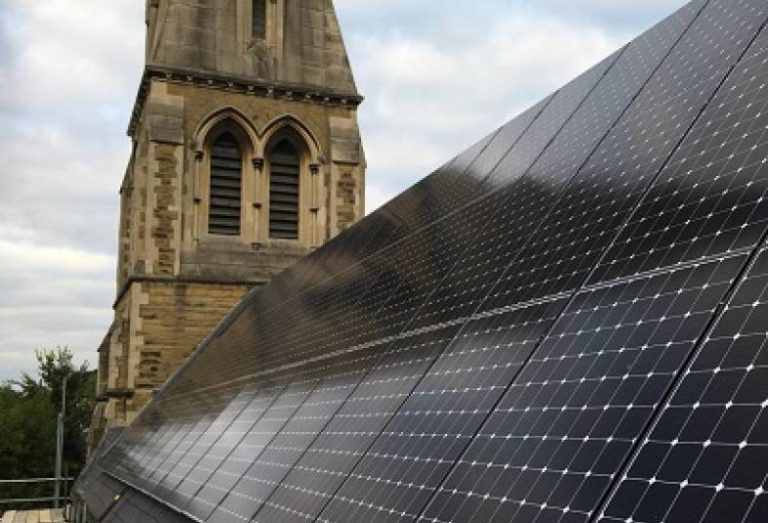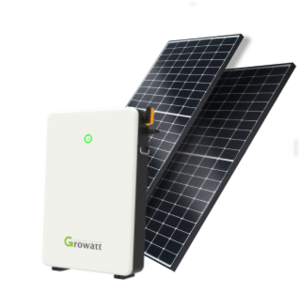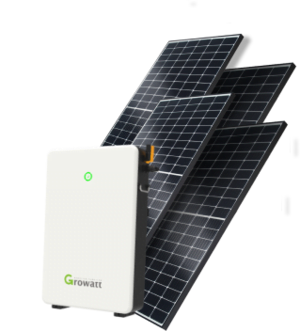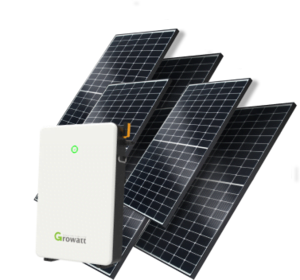Solar Panels for Religious Places
Installing solar panels for religious buildings presents numerous advantages, from substantial energy bill reductions to a significant decrease in carbon footprint. By embracing solar energy for temples the UK, churches, and religious structures can not only trim operational expenses but also showcase a dedication to environmental sustainability.

Additionally, incorporating solar panels for religious places can offer protection against power outages, generate surplus energy for additional income, and contribute to a greener environment for the community. This initiative not only benefits the organization directly but also has a positive impact on the broader community by exemplifying a commitment to eco-friendly practices and long-term financial savings.
RELIGIOUS PLACES
SOLAR PANEL INSTALLATION AND EXPERTISE
The installation of solar panels for the UK temples and religious buildings underscores a commitment to sustainable energy practices and environmental stewardship. Companies solar panel installations bring years of experience in designing tailored solar systems to meet the unique energy requirements of religious institutions.
These experts offer flexible installation options, providing comprehensive support throughout the decision-making process. Additionally, they provide assurances on panel performance and workmanship, ensuring the durability and efficiency of the installed systems.
Save heavy on your power bills

Key Benefits of POWER PURCHASE AGREEMENT (PPA)
Immediate Benefits of PPAs for Temples and Religious Buildings:
- Transition to Solar Energy without Upfront Expenses: Temples and religious buildings can adopt solar energy through PPAs without incurring any initial costs. They only pay for the electricity generated by the temple solar panels.
- Shifted Responsibility of Ownership and Maintenance: PPAs transfer the ownership, operation, and maintenance of the solar panel system to a third-party provider. This alleviates the financial burden on the religious institution.
- Fixed Electricity Rates: PPAs offer fixed electricity rates over the contract term, providing stability and protection against fluctuations in utility prices.
Advantages of PPAs for Temples:
- Hassle-Free Installation: Temples can benefit from hassle-free installation processes facilitated by PPAs.
- Professional Maintenance: PPAs typically include professional maintenance services, ensuring the efficient operation of the solar panel system.
- Environmental Benefits: By entering into a PPA, temples contribute to environmental sustainability by utilizing clean, renewable solar energy while enjoying immediate energy cost savings.
Save heavy on your power bills
CONSIDERATIONS FOR SOLAR PANEL INSTALLATION FOR TEMPLES
The process of solar panel installation for temples begins with assessing the structural integrity of the building and evaluating factors such as roof orientation and shading. A comprehensive evaluation of the roof’s condition is crucial to ensure it can support the weight of the solar panels.
Additionally, understanding the building’s orientation to the sun and potential shading from nearby structures or trees is vital for optimizing energy production.
Furthermore, permitting and regulatory requirements must be addressed to ensure compliance with local regulations.
Determining the appropriate system size based on the temple’s energy needs and estimating maintenance requirements are critical steps in the planning process to ensure the successful installation and operation of solar panels.
FUNDING, COMMUNITY ENGAGEMENT, MONITORING, PERFORMANCE
To ensure the successful implementation and operation of solar panel systems for temples and religious buildings, careful attention must be given to funding, community engagement, monitoring, and performance.
Various funding options, such as grants, rebates, Power Purchase Agreements (PPAs), crowdfunding campaigns, loans, and donation drives, can help cover the installation costs.
Community engagement plays a crucial role in raising awareness and garnering support for the project through workshops, volunteer opportunities, public campaigns, collaborations, and events.
Monitoring the system’s performance by tracking energy production, conducting regular inspections, addressing maintenance issues promptly, evaluating the Return on Investment (ROI), and utilizing monitoring software for efficiency are essential for maximizing the benefits of solar panels for religious places.
The integration of solar panels for religious places and buildings offers numerous benefits, including cost savings, reduced carbon emissions, and increased resilience. By carefully considering installation, funding options, and monitoring mechanisms, religious organizations can harness the transformative potential of solar technology to enhance operational efficiency and demonstrate a commitment to sustainable practices. Overall, solar panels for religious places present a compelling opportunity for temples to align their values with tangible environmental action, promoting a greener future for the community and beyond.
Solar Packages
For Religious Places
We install world’s top solar brands
To give you the best solar experience

Tesla Powerwall

Sigenergy

Alpha ESS

DMEGC Solar

Canadian Solar

Fox ESS

Enpahse

AIKO

JA Solar

Myenergi

Duracell Energy
Save heavy on your power bills
Frequently Asked Questions
Installing solar panels for religious buildings offers numerous benefits, including significant reductions in energy bills, a notable decrease in carbon footprint, and a demonstration of commitment to environmental sustainability.
Solar panels protect temples against power outages, generate surplus energy for additional income, and contribute to a greener environment for the community. This initiative not only benefits the organization directly but also has a positive impact on the broader community by exemplifying a commitment to eco-friendly practices and long-term financial savings.
Companies specializing in solar panel installations bring years of experience in designing tailored solar systems to meet the unique energy requirements of religious institutions. They offer flexible installation options, comprehensive support throughout the decision-making process, and assurances on panel performance and workmanship.
PPAs allow temples and religious buildings to transition to solar energy for the temples in UK without upfront expenses, as they only pay for the electricity generated by the temple solar panels. Additionally, PPAs transfer the ownership, operation, and maintenance of the solar panel system to a third-party provider, providing stability with fixed electricity rates over the contract term.
Considerations for solar panel installation include assessing the structural integrity of the building, evaluating factors such as roof orientation and shading, addressing permitting and regulatory requirements, determining the appropriate system size based on energy needs, and estimating maintenance requirements. These steps are crucial to ensure the successful installation and operation of solar panels for religious places.










